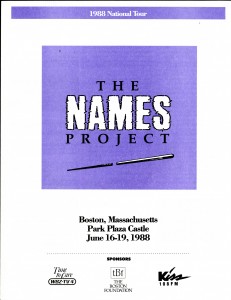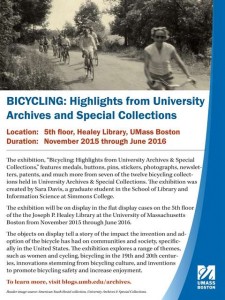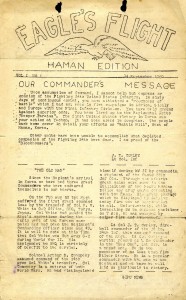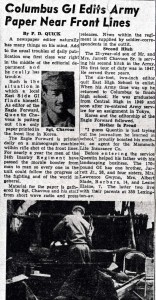
Hingham town employees participating in the Hingham Mass. Memories Road Show. Eileen McCracken, Andrea Young, Anne Dalton, Dorothy Galo, Jennifer Williams, Scott McMillian, Stephanie McBain, David Basler, Mary Savage-Dunham, Barbara Farnsworth, Doreen Newcomb. Contributor: Patricia Basler.
The photographs and stories gathered at the Hingham Mass. Memories Road Show are available online now for research.
Held at Hingham Town Hall, the event was organized by the Town of Hingham and the Hingham Public Library. Two dozen local volunteers collaborated with a team of UMass Boston staff members and “Roadies” from past Mass. Memories Road Shows to welcome adults and children with connections to this South Shore Massachusetts town.
Many contributors shared photographs and stories of themselves and their relatives gathering informally at home, coming home from war, or attending larger social gatherings. Other photographs document community members participating in town-wide events–high school graduation ceremonies and parties, scouting activities, sports competitions, and religious occasions. Several people brought materials documenting the 4th of July parade over the decades.
Together, the items in the collection portray residents joining together to enhance the quality of life in a changing South Shore town: restoring historic buildings, conserving land, and planting public gardens. Contributors shared memories and images of police and fire departments, local businesses, churches, summer camps, and natural landmarks.
The video interviews collected at this event are still being processed; a separate notice will be posted when they are available.
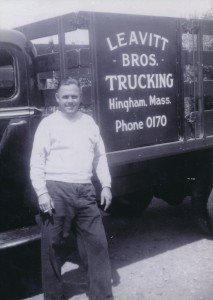
Leavitt Bros. Trucking, 1944. My dad, William Carlbon Leavitt, had a trucking business in the town Hingham since 1937. This truck was used to pick up cheese and butter to deliver to residents of Hingham during WWII. Contributor: Sandra Jean Leavitt Kentel.
Browse the Hingham Mass. Memories Road Show collection.
The Mass. Memories Road Show is a statewide digital history project that documents people, places and events in Massachusetts history through family photographs and stories. In partnership with teams of local volunteers, we organize public events to scan family and community photographs and videotape “the stories behind the photos.” The images and videos are indexed and incorporated into an online educational database. Since its launch, the project has gathered more than 8,000 photographs and stories from across the state. It is supported in part by the Patricia C. Flaherty ’81 Endowed Fund at UMass Boston.
University Archives & Special Collections in the Joseph P. Healey Library at UMass Boston was established in 1981 as a repository to collect archival material in subject areas of interest to the university, as well as the records of the university itself. The mission and history of UMass Boston guide the collection policies of University Archives & Special Collections, with the university’s urban mission and strong support of community service reflected in the records of and related to urban planning, social action, alternative movements, community organizations, war and social consequence, and local history related to neighboring communities. To learn more, visit blogs.umb.edu/archives.
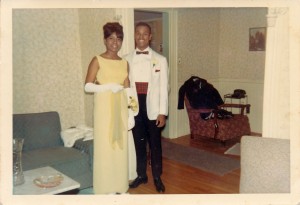
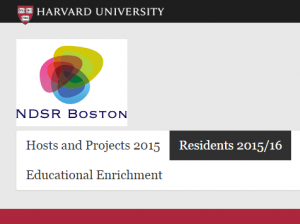 Guest post by Jeffrey Erickson
Guest post by Jeffrey Erickson The Mass. Memories Road Show (MMRS) is an ongoing community-based digital humanities project conducted by UMass Boston since 2004. The goal of the project is to collaborate with Massachusetts cities and towns to organize community-building events where images and stories that document the history of Massachusetts through the eyes of its residents are collected one town at a time. To learn more about the Mass. Memories Road Show project,
The Mass. Memories Road Show (MMRS) is an ongoing community-based digital humanities project conducted by UMass Boston since 2004. The goal of the project is to collaborate with Massachusetts cities and towns to organize community-building events where images and stories that document the history of Massachusetts through the eyes of its residents are collected one town at a time. To learn more about the Mass. Memories Road Show project, 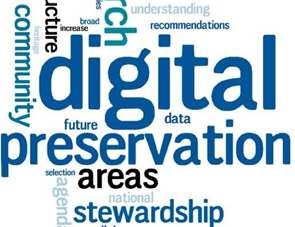 So, why should you be interested in my project? The answer is two-fold:
So, why should you be interested in my project? The answer is two-fold: